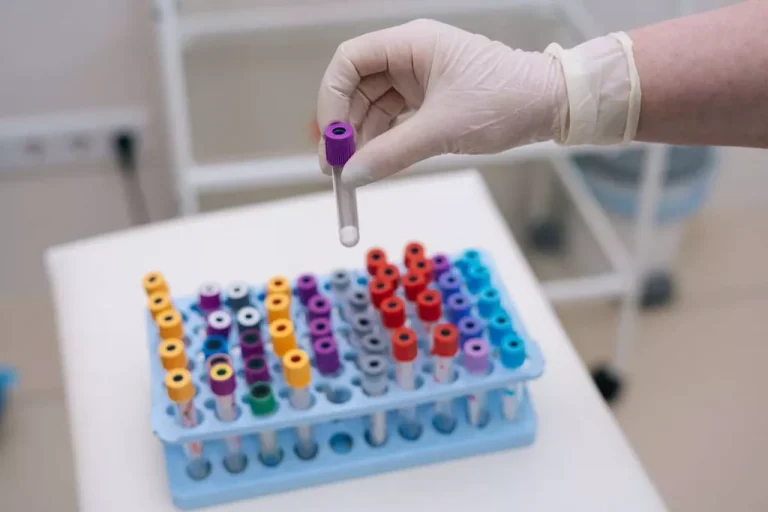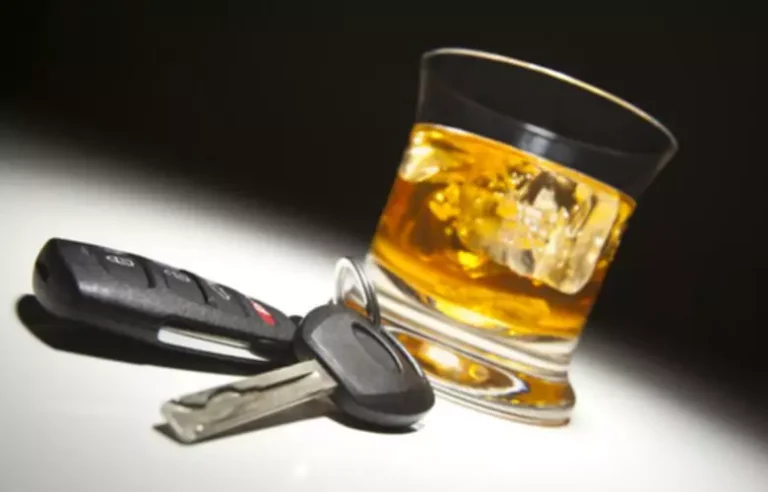
The removal of external triggers can be as simple as a change in scenery or new group of friends. Unfortunately, internal triggers – feelings and moods – can also impact the success of rehabilitation. In order to ensure a happy and long-lasting recovery, addicts must identify both external and internal triggers.
“Going Viral” That’s My Reality. Here’s How I Reversed Engineered Social Media
Our brain stores memories by associating them with other memories. Often a place may trigger a memory of an event, or smelling something, such as a particular cologne, may trigger your memory of a loved relative. The way that the brain links memories is a powerful tool that is used to help you recall important information, internal vs external triggers but that may also affect your recovery process. There are many possible coping strategies you can try, but all should focus on reducing the impact of the trigger and the strength of emotional reactions. Many different stimuli can be possible triggers, and they are often strongly influenced by past experiences.

Positive feelings

Fear, guilt, shame, anger and depression are common internal triggers. If you feel criticized or belittled, you might want to turn to substances to numb those feelings or push them aside. Internal relapse triggers get less attention than external factors, but they can be just as powerful. These triggers are the thoughts and feelings you have that can cause a desire to return to use. While negative feelings are known to be triggers, it’s important to know that positive feelings can be as well. When you want to celebrate or have fun, you may be tempted to get high or drink.
When It’s Time to Find Help For Addiction
However, when it comes to emotional or personal triggers such as stress, depression, and over-confidence, these triggers can be difficult to avoid as they appear out of nowhere. If more of your time, energy and resources are being consumed by alcohol and other drugs, or if you have been experiencing problems at home, work or school due to substances, it’s time to find help. The Recovery Village at Baptist Health is here to provide https://ecosoberhouse.com/success-story/justins-success-story/ a full range of addiction services aimed at establishing long periods of recovery. Contact us today to learn about programs that can work well for your situation. Awakenings Treatment Center is a holistic recovery center that teaches clients how to develop lifelong skills to help them maintain sobriety. We realize that triggers play a significant role in the recovery process, but they do not have to sabotage your progress.
- Seeing these items can make you feel like you need to drink in order to cope with life’s problems.
- Triggers do not necessarily lead to relapse, but they do make it harder to resist substances because of the cravings they produce.
- Each time a person is triggered is a learning opportunity that can help manage reactions in the future.
- Unfortunately, anywhere between 40 to 60 percent of recovering addicts relapse one year after completing treatment.
- Maintaining relationships with people who are still in the midst of active addiction, or who abuse substances regularly can be triggering and harmful to a person’s recovery.
- This can be anything from certain social situations, responsibilities, and even specific places that trigger your desire to use again.
Common Habits Of Unhappy People (And How To Be Happy)
While some people manage difficult situations with ease, people in recovery can easily slip back into old habits when dealing with new situations. For instance, the death of a loved one can easily trigger a relapse in a recovering addict. Some, people struggling with drug and alcohol addiction feel as though they can’t mix and mingle without the use of substances.
Substance Abuse Triggers

As a person recovers from addiction, they may experience strong desires to return to the substances they have abused in the past. In this blog post, we’ll discuss what a relapse trigger is and identify the different types of triggers. Once a person decides to identify their relapse triggers, they need to start monitoring their emotions. When an urge is present, the addict should stop and recognize their emotional state. Because most of the time, triggers seem to appear out of nowhere, a better option is to learn how to manage triggers.
- When you choose to get treatment at North Georgia Recovery Center, you can rest assured knowing that you will be treated by licensed therapists in our state-of-the-art facilities.
- If you’re not following, we’re just working backwards and looking at what’s behind the hook.
- In addition, they might show you different alternative therapies that can help manage these triggers.
- This is because there is usually an abundance of drugs and alcohol in these places.
- Everyone will have different internal triggers, but by recognizing some of the common ones you will be better equipped to avoid or address your internal triggers.
- By recognizing your triggers and where they are coming from, you can better manage them and prevent a potential relapse.
Residential Treatment
Once patients have learned to identify their triggers, a plan of action is necessary to help avoid and anticipate the effects. Specialists often recommend “thought stopping” strategies, the development of refusal skills, and the avoidance of high-risk situations. Addition treatment will help patients learn how best to utilize these strategies while forging their own recovery path. At Isaiah House, we’ve helped thousands of men and women escape the grip of addiction.
- If you or someone you love is struggling with substance abuse, Summit Behavioral Health is the place to turn.
- On average, about 40-60% of people who suffer from substance use disorder will relapse at some point.
- Once you understand how to recognize your relapse triggers, there are ways to minimize and cope with them.
The Side Effects of Ativan: How Does It Feel?
